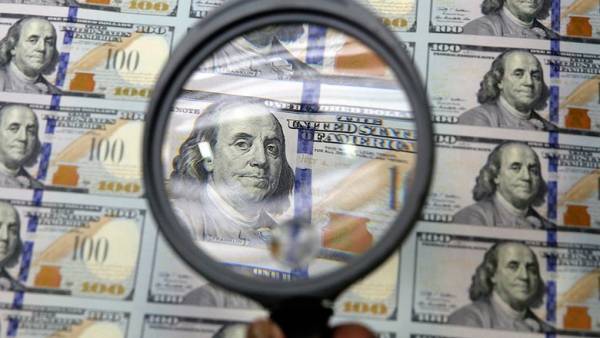
As part of the study, 1.2 thousand representatives of companies involved in competitive procedures from different regions were interviewed. 53% – from microenterprises, 34% – from small businesses, 6% – from medium, 7% – from large. The results are provided by RBC.
At least two-thirds of respondents indicated the existence of informal payments by the customer, 28% found it difficult to answer or refused to answer. 37% of companies named collusion between the customer and the supplier or between bidders as the main factor for obtaining a state order.
The total amount of bribes of 6.6 trillion rubles is comparable to 35.3% of the budget revenue or 6.2% of GDP. The size of the bribe varies from 3% to 65% of the contract value. Most often called shares in 3%, 5%, 10%, 15% and 20%. 14% of respondents indicated a zero amount.
The authors drew conclusions not only based on direct questions about corruption, but also from indirect ones. They believe that many avoided sincere answers because of fears of criminal prosecution.
Konstantin Golovshchinsky, Deputy Director of the HSE Institute of Public and Municipal Administration, said that in total, respondents recalled about 2.3 thousand examples from practice, in which they named the average size of the rollback (including zero).